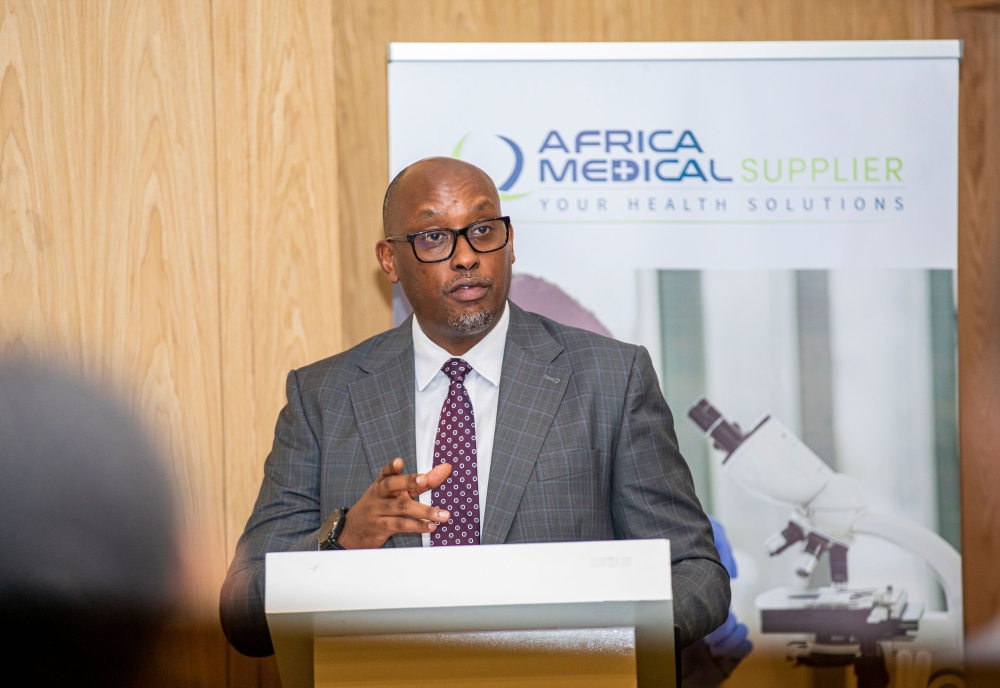In the movie The Hobbit, the main character Bilbo Baggins finds himself trapped underground in a maze of tunnels with no clear way out. Worse still he faces off with an alien looking creature that wants to eat him. So Baggins tricks it into a compromise. They agree to play a game of riddles on condition that if he wins, the creature will show him the way out of the maze and should he lose it eats him.


In the movie The Hobbit, the main character Bilbo Baggins finds himself trapped underground in a maze of tunnels with no clear way out. Worse still he faces off with an alien looking creature that wants to eat him. So Baggins tricks it into a compromise. They agree to play a game of riddles on condition that if he wins, the creature will show him the way out of the maze and should he lose it eats him. Fortunately Baggins wins on the 3rd set having had two draws. Because of space constraints I can’t reproduce the riddles here but they really can make you scratch your brain for the right answer. The moral of the story here is that a mind that is trained to think has the ability to conceptualise and solve any problem. Baggins would have perished underground but because he had been well training in critical thinking he managed to save his life. In the academic world riddles take the form of logic and or special aptitude tests (SATs) which form a basis for a student to be admitted to college or not in US and other western education systems. Even major multinational organisations nowadays use SATs during most of the written job interviews.I am not advocating for the introduction of SATs in the exact format per se as it’s done in those countries but my experience in the classroom with University students has made me realise there is something missing somewhere. The main challenge we are facing as tutors in higher institutions of learning is the inability of the current curriculum to produce a well-grounded student in the basic concepts of mathematics, physics, chemistry and biology as well as the confidence to express the acquired knowledge. I have had an opportunity to read the current teaching syllabi of Mathematics and Physics for both O-and A-Levels and indeed its comprehensive in content but I think to deal with the mismatch I mentioned above we must create a system that strengthens creativity in the learner. Schools (teachers) must strive to create an independent student in terms of thinking who will be able to easily manage the academic pressures of both graduate and post graduate studies. There is no doubt about the cognitive ability of our students in primary and secondary schools and am also inclined to believe that we have excellent teachers. Education like any other system has both input and output and the efficiency of any system is basically measured by how much of the input has been converted into a useful output. Currently we have access to internet, textbooks written by local authors whom we think understand our education system as well as good management systems (Head teachers, principals etc.) in place but the performance in the natural sciences at lower levels has not been excellent.In my opinion, the major problem lies in the assessment modalities that we continue to subject our students to. This has led to students to cram as many questions with their answers as possible in the hope that some of them may appear. The pamphlet mentality has also not helped. Students no longer read textbooks but rather question and their respective answers. This situation creates a student who is too lazy to think of creative ways to solve a problem. That creativity in problem solving once sustained results in great innovators in future.It is therefore important that the current ongoing curriculum review exercise by experts from Rwanda Education Board (REB) should think of ways of strengthening the teaching of logic and critical thinking. The assessment should also be inclined in less recall of knowledge but to test the ability by a student to read, analyse, manipulate and be able to apply the acquired classroom knowledge in solving diverse problems. This will also go a long way in discouraging students away from rot learning and also motivate teachers to find creative ways of imparting knowledge to learners. Higher Learning institutions can do much in molding future leaders of this country but they need a pool of students who are independent minded and well versed in the basic fundamentals of the course they intend to pursue. The writer is a lecturer at the Dept of Civil Engineering INES




